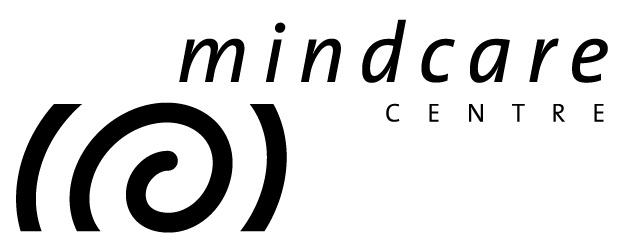Bipolar Disorder
What is Bipolar Disorder?
Bipolar is a mood disorder characterised by extreme changes in mood states from high (mania) to low (depression). There are two forms of the disorder, Bipolar I and Bipolar ll. People diagnosed with Bipolar I the more severe form of the illness will experience mania and possibly psychosis as well as periods of depression. Those diagnosed with Bipolar ll will experience a less extreme form of mania (hypomania) lasting hours or day without psychosis and at other times they will have periods of depression. In both forms of the disorder when moods become extreme many aspects of the lives of those affected are likely to be disrupted.
With the correct diagnosis and expert treatment most people with bipolar disorder are able to live productive and meaningful lives. The knowledgeable psychiatrists and clinical psychologists at Mindcare Centre work together to assist individuals to understand and manage the disorder.
Characteristics of Bipolar Disorder
The duration, pattern and frequency of these extreme mood changes are distinct for each person. Some individuals will experience a combination of mood states during a day giving a mixed presentation. Between episodes of depression or mania/hypomania mood can be normal for many people while others tend to have more difficulty maintaining a stable mood, particularly if they develop comorbid disorders like substance abuse problems. In the depressed phase of the illness individuals can become suicidal so it is important to get help as soon as possible.
Bipolar disorder can be tricky to diagnose accurately,especially in young people who may not have had a full blown episode of mania. The disorder usually has its onset in the teen years or early 20’s, although some people experience their first episode in mid-to-late adulthood. Men and women tend to develop Bipolar I at equal rates while Bipolar II is more common in women.
Causes of Bipolar
Although we do not know exactly what causes Bipolar Disorder we know that it seems to have a biological underpinning and the onset of the illness is often related to a stressful life event. While not considered a cause seasonal factors (increase in hours of bright sunshine in spring and summer) appear to play a role in the onset of bipolar disorder or in triggering recurrent episodes with the chances of onset increasing in spring. During pregnancy and especially in the post-partum period women who are biologically predisposed to developing Bipolar Disorder are at risk of experiencing a first episode of the disorder.
Treatment for Bipolar Disorder
Bipolar Disorder requires skilled medical and psychological management. It does not resolve on its own and at the present time there is no absolute cure for Bipolar Disorder. Treatment is aimed at managing the symptoms and reducing the likelihood of relapse so that people can enjoy a good quality of life. Various medications are used to treat the acute episodes of mania and depression while other medications and psychological strategies are used to help keep episodes at bay.
Psychological therapy is beneficial to patients with Bipolar Disorder because stress plays a role in eliciting symptoms of the disorder. Certain forms of life events, family tensions, social stressors, changes in the sleep-wake habits and medication non-compliance and substance abuse are risk factors in the course of Bipolar Disorder. Psychological therapy can provide education and specific strategies to target these risk factors and assist individuals to develop adaptive coping mechanisms.
How to get help to manage Bipolar Disorder
Call our helpful staff on (02) 9212 4445 or email us to book an appointment with one of Mindcare Centre’s Bipolar Disorder specialists. The clinical psychologists and psychiatrists at Mindcare Centre have the necessary skills to diagnose Bipolar Disorder and to provide evidence-based treatment for all degrees of severity of the disorder.
However please note that Mindcare Centre is not a crisis service. If you or a loved one is suicidal currently manic and in danger or out of control call 000 for an ambulance, go to your local hospital’s Accident & Emergency Department for immediate support or call the mental health crisis team through your local hospital. This is the quickest way to obtain urgent assistance.
Where to find more information and support for Bipolar Disorder
An excellent internet resource is at the Centre for Clinical Interventions: Keeping Your Balance.
Back to resources?
Where to find us
Mullumbimby Comprehensive Health Centre
60 Stuart St, Mullumbimby NSW 2482
